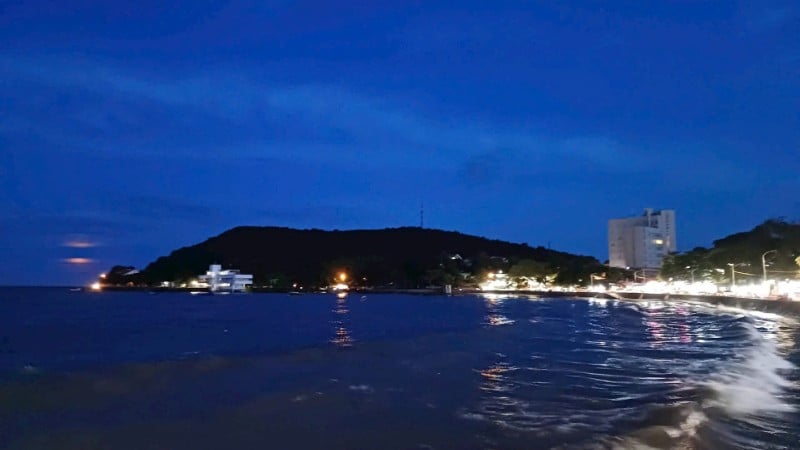
Recently, a number of researchers from the Institute of Marine and Island Environmental Sciences ( Ministry of Agriculture and Environment ) have studied the possibility of applying artificial intelligence (AI) in exploring, managing and conserving marine biodiversity in our country.
AI has been applied in many fields such as economics, military , space, medicine, etc. Recently, AI has also been used by some countries in the exploration, management and conservation of marine biodiversity. For example, Japan, the United States, the Netherlands, etc. have integrated AI into aircraft and unmanned submarines to take photos and collect data in unexplored sea areas, and at the same time map biodiversity in the area.
Satellite imagery and acoustic sensors using AI can track, analyze changes fully, quickly and accurately to issue timely warnings. These vehicles are also integrated with data software to track marine animals and changes in deep-water habitats.
From there, using specific algorithms, AI will model the impact of climate and marine environment on marine biodiversity. At the same time, the algorithms also make predictions about climate change and the environment that can change biodiversity in the region. AI can also provide response plans to help increase the ability to prevent possible disasters.
Using AI-managed chips attached to some marine animals listed in the Red Book will facilitate conservation; attaching them to specific animals will help track their life charts, movements, and many other attributes that humans have yet to discover .
For example, microchipping some species of hawksbill turtles; devices to monitor major ocean currents in the world. AI also contributes significantly to maritime navigation, limiting whales from being injured by ships; monitoring and developing plans to prevent illegal hunting activities...
Dr. Du Van Toan (Institute of Marine and Island Environmental Sciences) shared the latest research by a group of scientists on the application of AI in the management and conservation of marine biodiversity: AI has the ability to process huge amounts of data with high speed and accuracy. Recent studies verified from practice show that the combination of traditional conservation methods and AI is necessary. In addition to increasing efficiency, it also opens up opportunities for community participation in biodiversity conservation... In the coming time, AI will be like a beacon of hope for marine biodiversity conservation in the world.
However, research by a group of scientists also shows that, in order to effectively use marine AI, in addition to meeting the goals of ecological balance, the living environment of indigenous people, maritime security, personal rights, and information security, financial resources and science and technology are extremely important.
In Vietnam, since 2018, the "sea-oriented" strategy has been identified by the Party and State in Resolution No. 36-NQ/TW dated October 22, 2018 on "Strategy for sustainable development of Vietnam's marine economy to 2030, with a vision to 2045".
In particular, in Resolution No. 57-NQ/TW dated December 22, 2024 on breakthroughs in science and technology development, innovation and national digital transformation. Both resolutions mentioned the importance of the marine development strategy as well as the management and conservation of marine biodiversity in our country's waters. This is the "key" that opens the door for science and technology, especially AI, to participate in the development of the marine economy and the conservation of marine biodiversity in the near future.
Organizing the implementation of AI applications in marine biodiversity management and conservation is not a task that can be completed in a short time.
Dr. Du Van Toan said that, to have an accurate scientific basis, there needs to be more research and evaluation on the effectiveness of AI use that some countries in the world have deployed. At the same time, the State needs to develop legal policies for marine AI; search for and mobilize resources; build a national program "Smart Ocean"; review scientific programs and projects from the ministerial level and above on marine management, add tasks on marine AI; open new topics, scientific research on marine AI and marine biodiversity conservation; apply AI in marine and ocean management, marine economic sectors, deep sea and seabed exploration, etc.
In addition, it is necessary to build a roadmap for popularizing AI applications in marine management; develop a strategy for training quality human resources; strengthen international cooperation as well as related scientific fields; and move towards forming AI science and technology centers for the sea, marine biodiversity and marine economy in the future.
Source: https://nhandan.vn/ung-dung-ai-trong-bao-ton-da-dang-sinh-hoc-bien-post913653.html


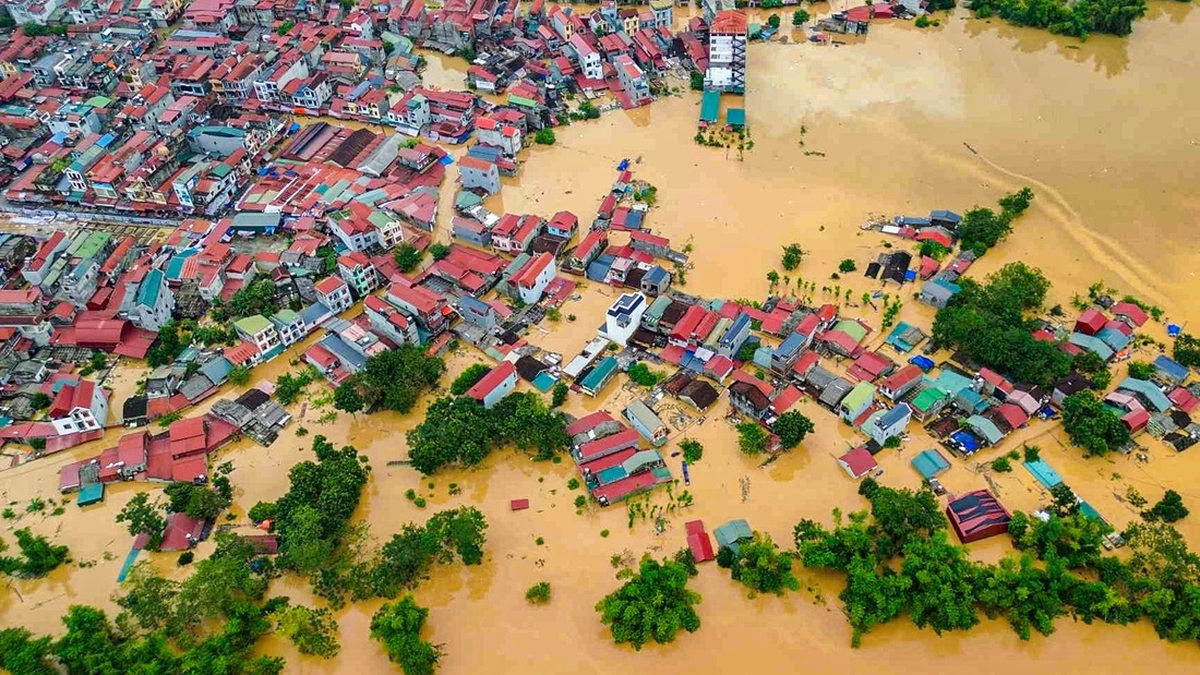




![[Photo] Closing of the 13th Conference of the 13th Party Central Committee](https://vphoto.vietnam.vn/thumb/1200x675/vietnam/resource/IMAGE/2025/10/08/1759893763535_ndo_br_a3-bnd-2504-jpg.webp)





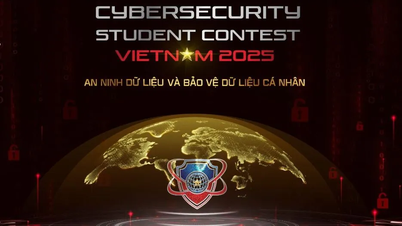







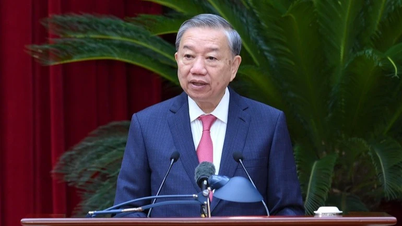
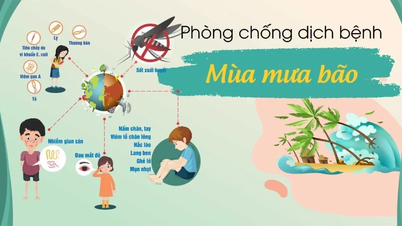




























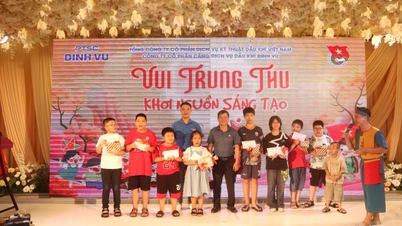




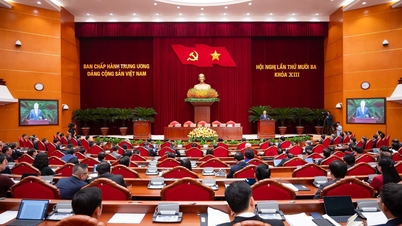
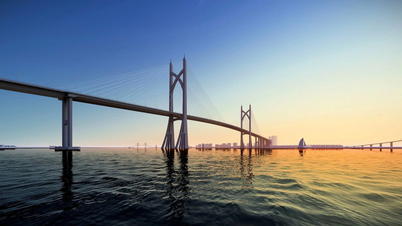
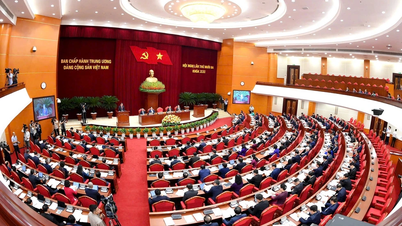

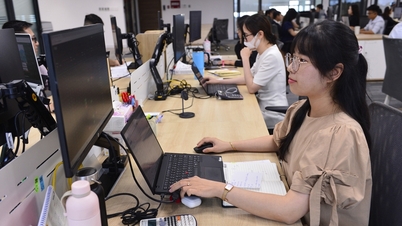



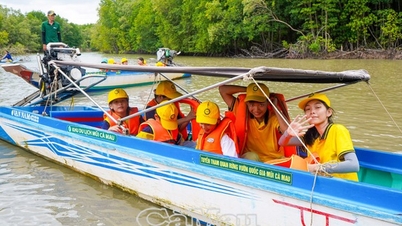



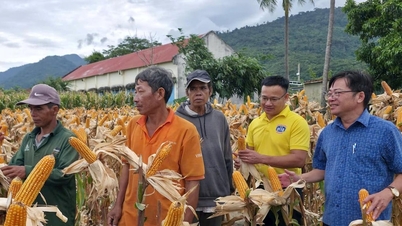





















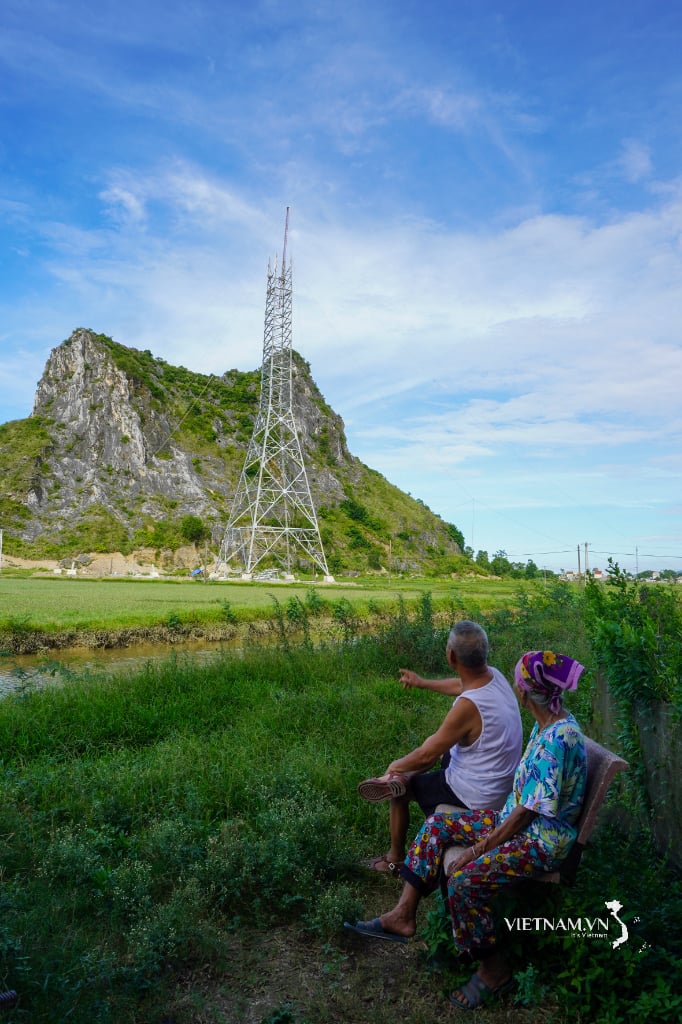

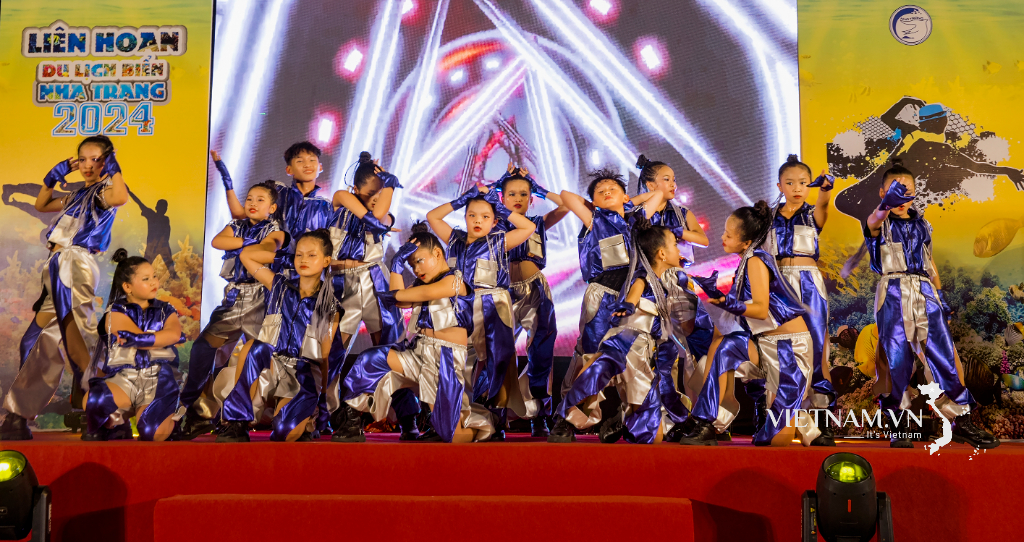
Comment (0)